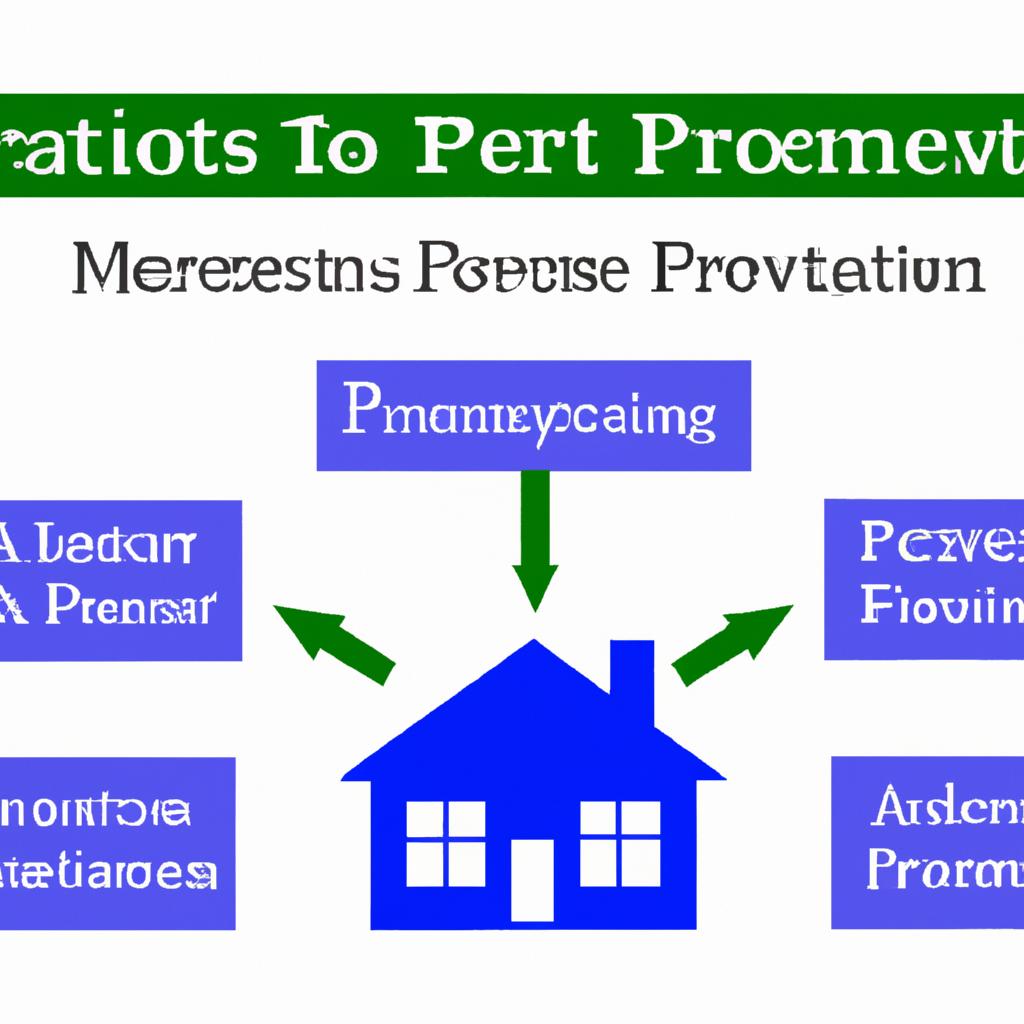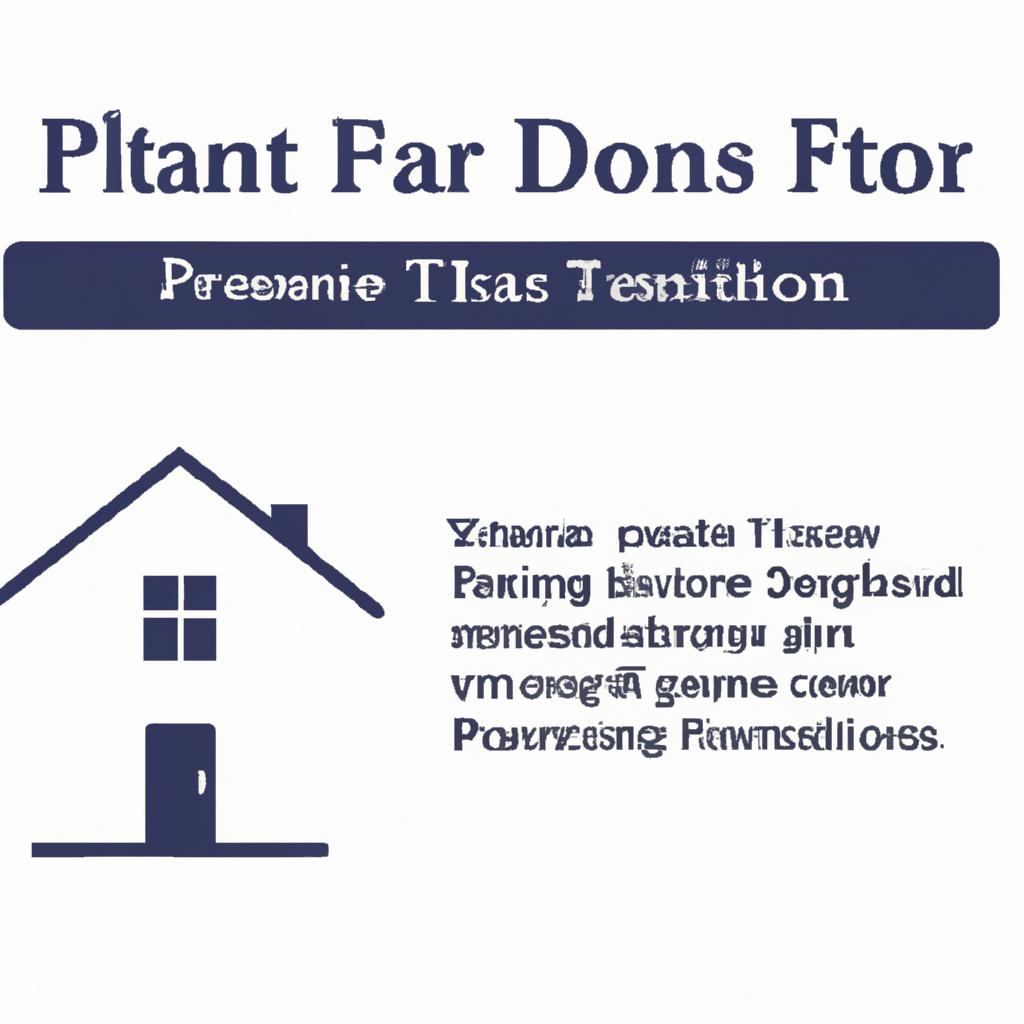In the intricate web of estate planning, the question of who inherits the family home upon the death of a parent can often spark complex legal battles and emotional turmoil among surviving family members. As seasoned practitioners in the field of estate law, Morgan Legal Group – based in the bustling city of New York – navigates these delicate situations with precision and expertise. In this article, we delve into the nuances of property inheritance when a parent passes away, shedding light on the pertinent laws and considerations that govern such circumstances. Join us as we unravel the intricacies of this somber yet crucial aspect of estate planning.
Understanding the Legal Implications of Inheriting a Parent’s Home
When a parent passes away, the issue of who inherits their home can be a complex and emotional one. In most cases, the property will pass to the children or other heirs according to the deceased parent’s Will or trust. However, if no Will or trust exists, the home will typically be distributed according to the laws of intestacy in the state where the parent resided. It is essential to understand the legal implications of inheriting a parent’s home to ensure a smooth and fair distribution.
Some key considerations to keep in mind when inheriting a parent’s home include how the property will be transferred, potential tax implications, and any outstanding debts or mortgages on the home. It is crucial to consult with an experienced estate planning attorney to navigate the legal complexities and ensure that the inheritance process is conducted properly and in compliance with state laws. At Morgan Legal Group, our team of professionals specializes in estate planning, probate, and elder law, and can provide guidance on how to handle the legal implications of inheriting a parent’s home.

Factors that Determine the Succession of Property After a Parent’s Death
When a parent passes away, the succession of property can be a complex and emotional process. Several factors come into play when determining who will inherit the house of a deceased parent. These factors include:
- Presence of a Will: If the parent left a valid Will, the distribution of the property will be determined according to the instructions in the document.
- State Laws: In the absence of a Will, state laws will dictate how the property will be distributed among the surviving family members.
- Joint Tenancy: If the parent jointly owned the house with another individual, that person may automatically inherit the property.
It is essential to consult with an experienced estate planning attorney to navigate the legal complexities of property succession after a parent’s death. At Morgan Legal Group in New York City, our team of knowledgeable attorneys specializes in estate planning, probate, elder law, Wills, and trusts. We can provide guidance and support to ensure that the succession of property is handled in accordance with the law and the wishes of the deceased parent.

Navigating the Complexities of Probate and Estate Planning for Real Estate Assets
When a parent passes away, there are many factors to consider when determining who gets ownership of the house. The process can be complex, especially when dealing with real estate assets. It is essential to understand the legal implications and navigate the intricacies of probate and estate planning to ensure a smooth transition of property ownership.
Under probate law, the distribution of real estate assets typically follows the deceased parent’s wishes as outlined in their Will. If the parent did not have a Will, state intestacy laws will dictate how the property is distributed among the heirs. Factors such as joint tenancy, tenancy in common, and trusts can also impact who ultimately gets ownership of the house. Consulting with an experienced estate planning attorney can help clarify these complexities and ensure that the transfer of real estate assets is handled properly.

Strategies for Ensuring a Smooth Transition of Home Ownership Post-Parental Death
When a parent passes away, the question of who inherits the family home can be a complex and emotionally charged issue. It is crucial to have a plan in place to ensure a smooth transition of home ownership post-parental death. Here are some strategies to consider:
- Review the Will: The first step is to carefully review the parent’s Will to determine who has been designated as the beneficiary of the home. If the parent passed away intestate (without a Will), state laws will dictate how the property is distributed.
- Consider a Trust: Setting up a trust can be a valuable tool for ensuring the seamless transfer of home ownership upon a parent’s death. By placing the property in a trust, you can designate specific beneficiaries and avoid the lengthy probate process.
| Pros | Cons |
|---|---|
| Smooth transition of ownership | Potential costs associated with setting up a trust |
| Privacy in property transfer | Requires ongoing management of trust |
Q&A
Q: If a parent dies, who gets the house?
A: When a parent passes away, the ownership of the house typically depends on various factors such as the presence of a will, state laws, and any existing debts or mortgages.
Q: What happens if there is a will in place?
A: If the deceased parent has a will specifying who should inherit the house, then the property will be distributed according to those instructions.
Q: What if there is no will?
A: In the absence of a will, the house will generally be passed on to the heirs of the deceased parent as determined by state laws. This usually involves a process called probate where the court will oversee the distribution of assets.
Q: Can the house be passed on to a specific family member if desired?
A: Yes, if the deceased parent has expressed their wishes through a will or other legal document, then the house can be designated to a specific family member.
Q: What happens if there are multiple siblings involved?
A: In cases where there are multiple siblings or potential heirs, the distribution of the house may become more complicated. It is important to consult with a legal professional to ensure a fair and lawful process.
Final Thoughts
In conclusion, the question of who gets the house when a parent dies is a complex and emotional issue that can vary greatly depending on the circumstances and legal agreements in place. It is crucial for families to communicate openly and seek legal advice to ensure a fair and smooth transition of assets. Ultimately, the best way to honor a parent’s legacy is to handle their estate with respect and compassion. Thank you for reading.


